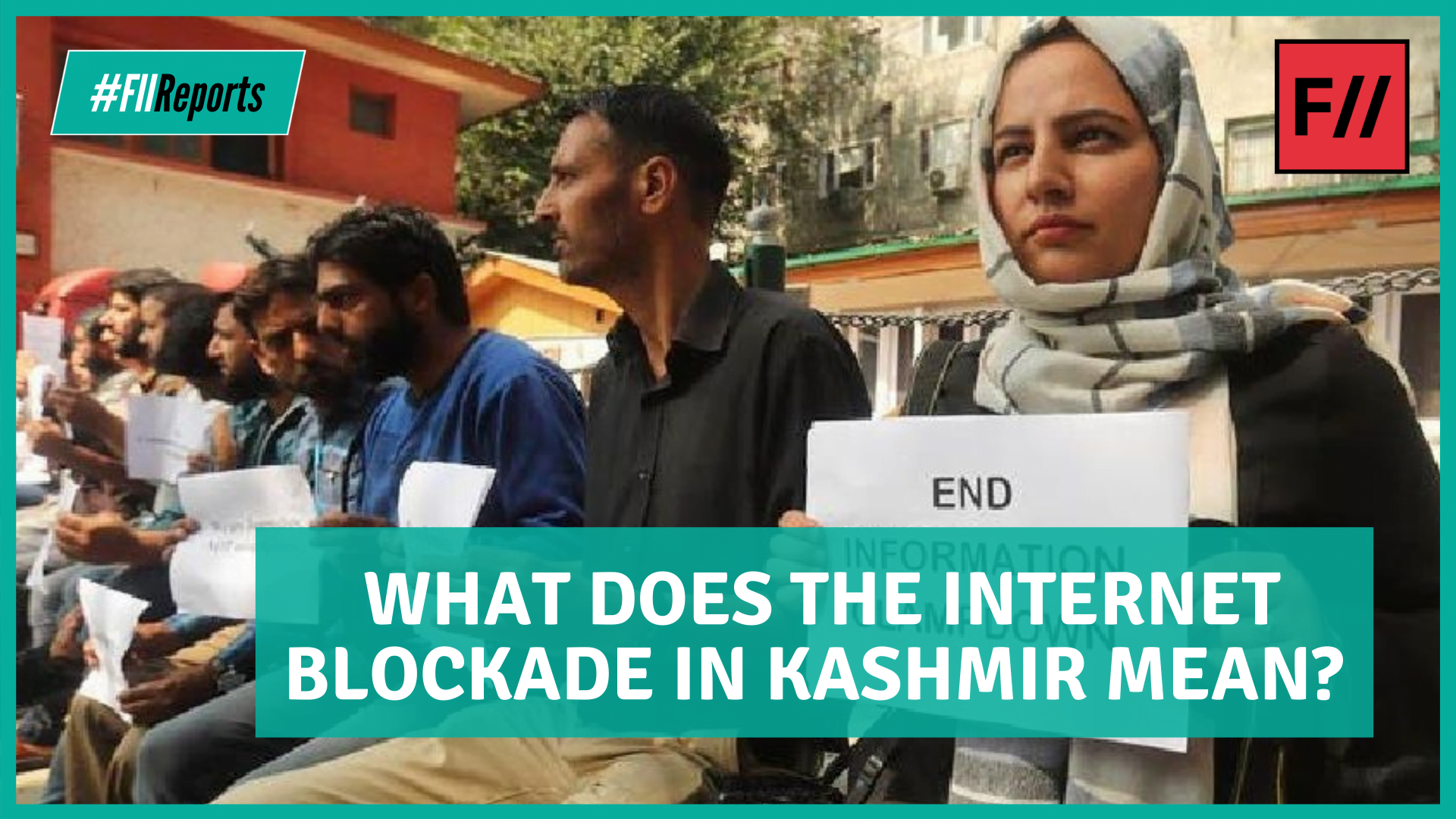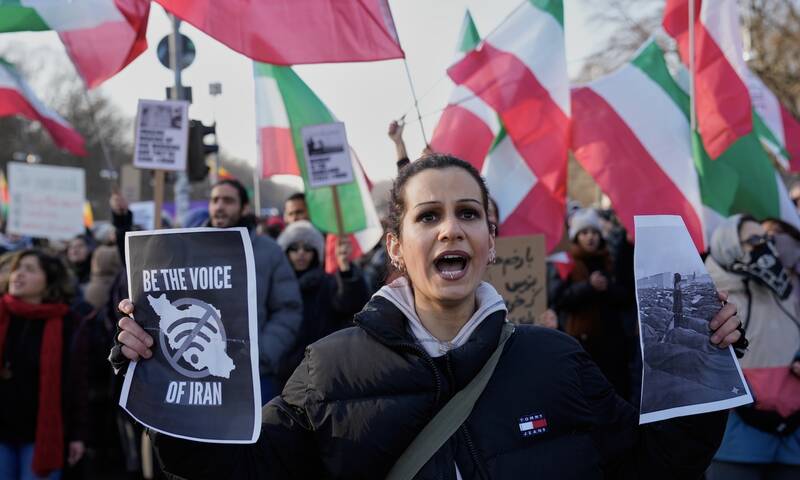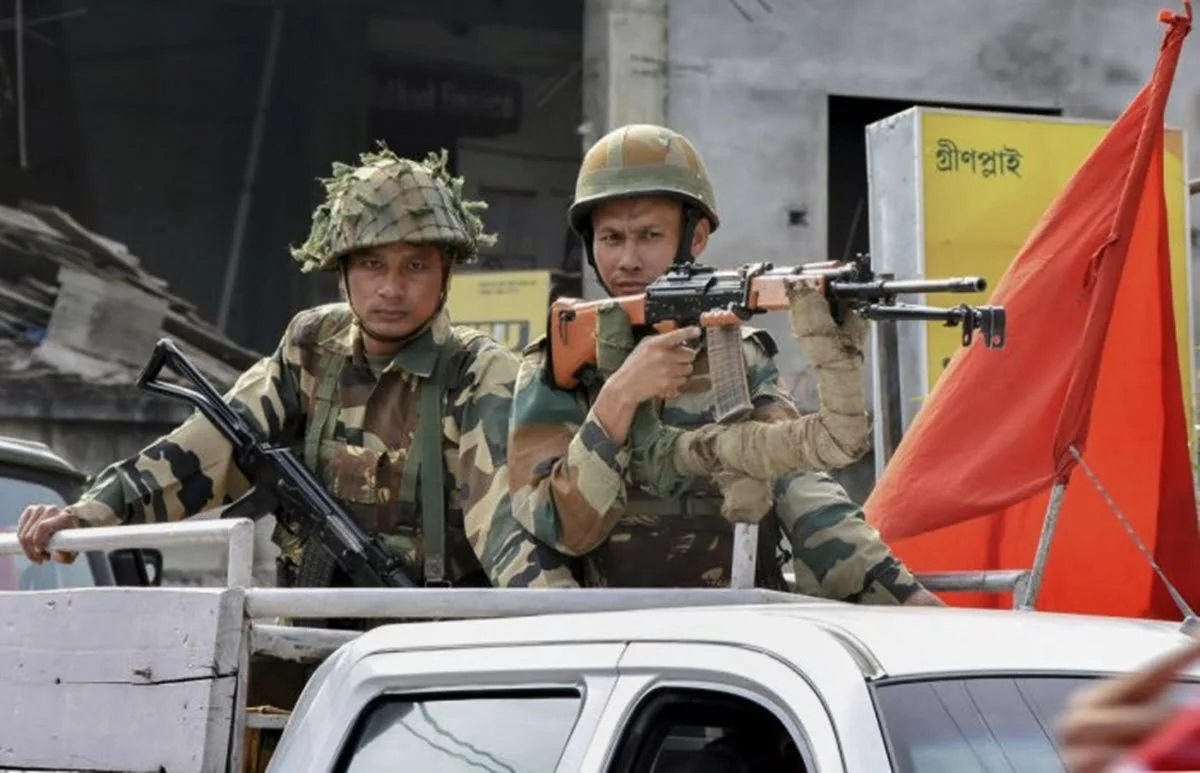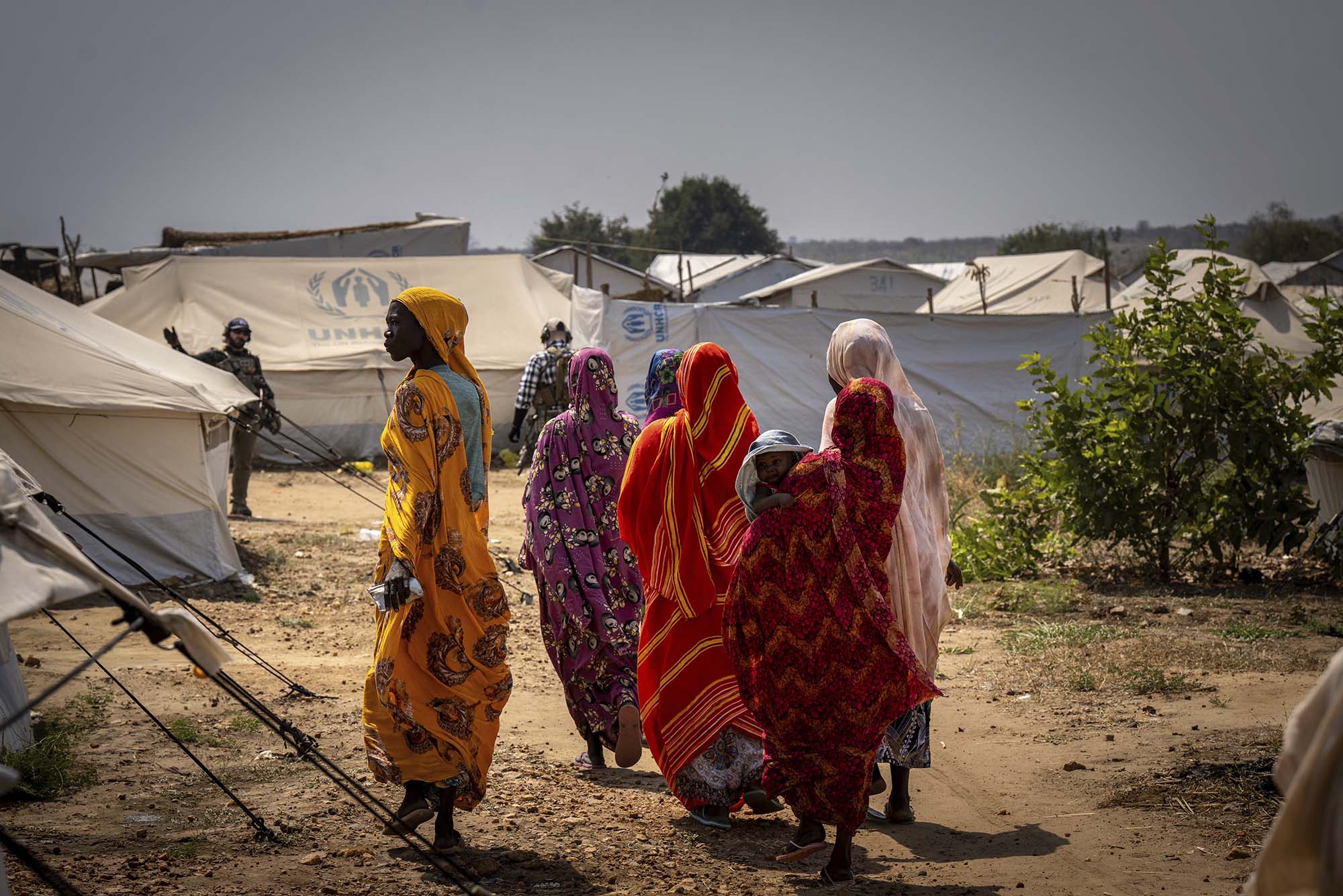Did you know that Kashmir had an internet blockade imposed upon it about 53 times in 2019 alone?
Article 19 of the International Covenant on Civil and Political Rights (ICCPR), signed and ratified by India, requires the government to protect and promote the right to freedom of expression and information. And yet, the suspension of internet services on August 5 lasted for over 5 months, seriously disabling the ability of people living in the region to communicate with each other.
There is no certainty as to when the blockade would be lifted. With Amit Shah saying that it will be lifted at an “appropriate time”, currently the suspension seems indefinite. Curiously, when questioned about when normalcy will be restored in Kashmir, he reassuringly mentioned that “everything is fine in Kashmir”.
Also read: Kashmir’s Political Cartoon Culture And The Power That It Symbolises
According to the United Nations, disconnecting people from the internet is a human rights violation and against international law. In his 2011 thematic report relating to the Internet, the UN Special Rapporteur on the right to freedom of opinion and expression emphasized that cutting users off from the Internet, regardless of the justification used, is a disproportionate restriction on the right to freedom of expression. It is now common knowledge that a shutdown of these services is a sign of unrest in the region, with authorities taking the extreme measure to keep the dissent from spilling into other regions.
Owing to this internet blockade, Kashmiris have to face tremendous consequence such as loss of jobs, an inability to keep in touch with loved ones, and being completely disconnected from the rest of the country. Watch this video to find out how this shutdown is putting Kashmiris in a vulnerable position.
About the author(s)
Manasi is a Gender & Sexuality campaigner at Jhatkaa.org. She is the former Digital Editor at Feminism in India and a researcher in the field of women and work. She hopes to keep learning and unlearning about feminism and intersectionality, and to create meaningful impact through her work.




